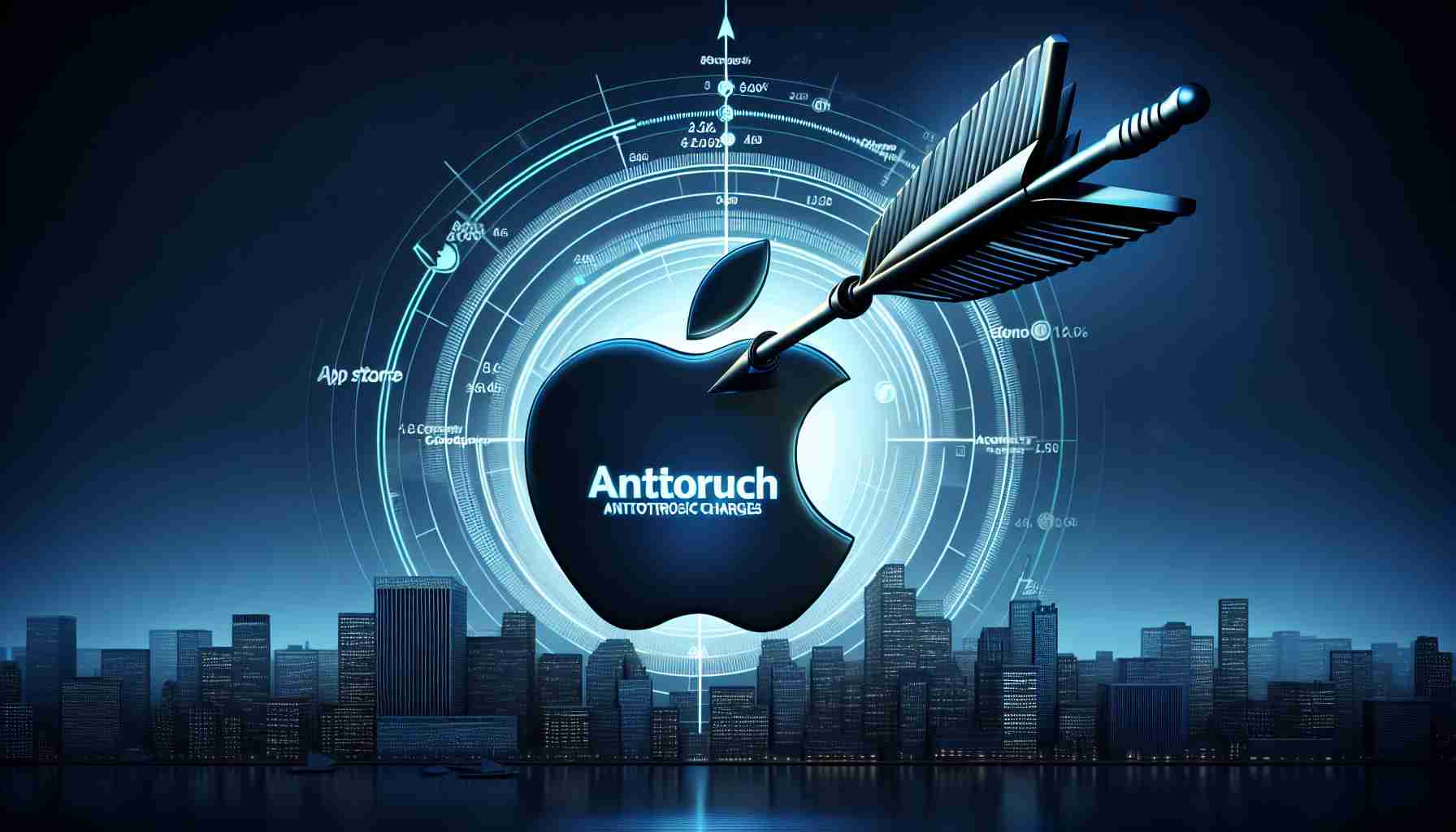Apple Inc. is facing major regulatory scrutiny in Europe, with the European Union taking aim at the tech giant’s App Store practices under new, rigorous competition rules. The crux of the EU’s issue lies in the accusation that Apple has been hampering competition through its current App Store policies.
The European Commission has specifically pointed out that Apple’s guidelines may unjustly restrict developers from directing users to alternative purchasing options outside of the App Store. This would be a breach of the EU’s freshly implemented digital competition legislation, marking a pivotal moment where these rules are being enforced against a major tech corporation.
The stakes for Apple could be high, as the company could be fined up to 10% of its global turnover. Moreover, should the company repeat the offense, penalties could soar to 20%. This development is particularly significant considering it’s the first formal charge under the Digital Markets Act (DMA) investigations that began in March and also concern other tech behemoths like Google and Meta.
In the volatile world of cryptocurrency, Bitcoin’s value has taken a dip, now sitting below the $63,000 threshold. Analysts perceive this downturn as a red flag for the broader spectrum of riskier investments, with Bitcoin experiencing its second major drop of 2024 amidst diminishing interest in crypto-focused exchange-traded funds (ETFs).
Meanwhile, leading retailers are embracing technological innovations to sharpen their competitive edge. Target Corp has announced the upcoming implementation of a new AI-based chatbot, designed to augment the productivity and efficiency of its staff across nearly 2,000 stores. The chatbot, named Store Companion, is set to launch by August and promises to provide real-time support and training assistance.
Finally, in a significant twist in the beverage industry, Carlsberg has received a concession from PepsiCo regarding a clause in its bottling arrangements with Britvic. This development could potentially clear a pathway for the Danish brewer to further pursue the acquisition of Britvic, after their initial takeover bids were decisively rebuffed for undervaluing the UK drink maker’s worth.
Apple Inc.’s antitrust challenges mirror a broader global push for greater regulation of Big Tech companies. The European Commission’s action against Apple reflects concerns that its practices could undermine competition and limit consumer choice. Here are some relevant additional facts and contexts not mentioned in the article:
– The Digital Markets Act (DMA) is a significant component of the European Digital Strategy aimed at ensuring fair competition and innovation in the digital sector. It sets clear rules for large online platforms, which act as “gatekeepers” in the digital market.
– Apple’s App Store is a crucial part of its services business, which has been growing in importance as the smartphone market matures and device sales growth slows.
– Apple has previously faced criticism and legal challenges regarding its App Store fees and policies from various developers and companies, most notably from Epic Games, creator of Fortnite.
– Apple argues that its App store policies provide security and trust for users, maintaining that its commission rates are in line with other digital marketplaces.
Key Questions and Answers:
What are the EU’s specific accusations against Apple?
The EU accuses Apple of restricting competition by preventing app developers from informing users of alternative, often cheaper, purchasing options outside of the App Store.
What could be the potential financial penalties for Apple?
Apple could face fines up to 10% of its global turnover for breaching these new regulations, with increased penalties up to 20% for repeat offenses.
Challenges and Controversies:
– The primary challenge for Apple is to adapt its business model to comply with the DMA without significantly impacting its revenue from the App Store.
– A major controversy revolves around the balance between maintaining an ecosystem that is secure for consumers and fostering a competitive environment where app developers can thrive without excessive restrictions.
Advantages and Disadvantages:
Advantages:
– If Apple’s policies are found to be anti-competitive, modifying them could lead to lower prices and more choices for consumers.
– Developers might benefit from a level playing field where they can compete more fairly based on the merits of their apps rather than the constraints of the App Store’s policies.
Disadvantages:
– Imposing regulations on how Apple operates the App Store could potentially disrupt the uniformity and security of the ecosystem that many users rely on.
– Apple could see a significant decrease in revenue if they are forced to reduce their commission rates or change their in-app purchasing rules.
Related links to learn more about the involved parties and the broader context:
– European Commission
– Apple Inc.
– Target Corp
– Carlsberg Group
– PepsiCo
It’s important to note that the situation is evolving, and Apple’s response to the charges, as well as the final outcome of the EU’s actions, may significantly affect the company and potentially alter the digital market landscape.



